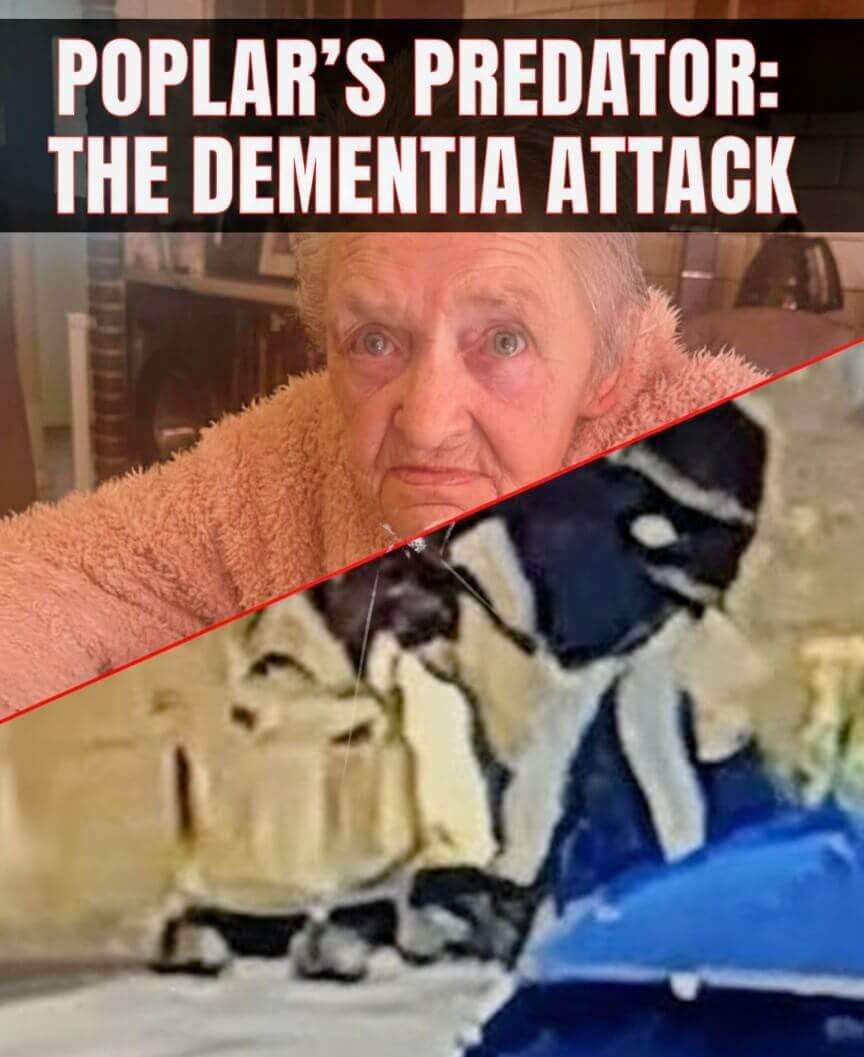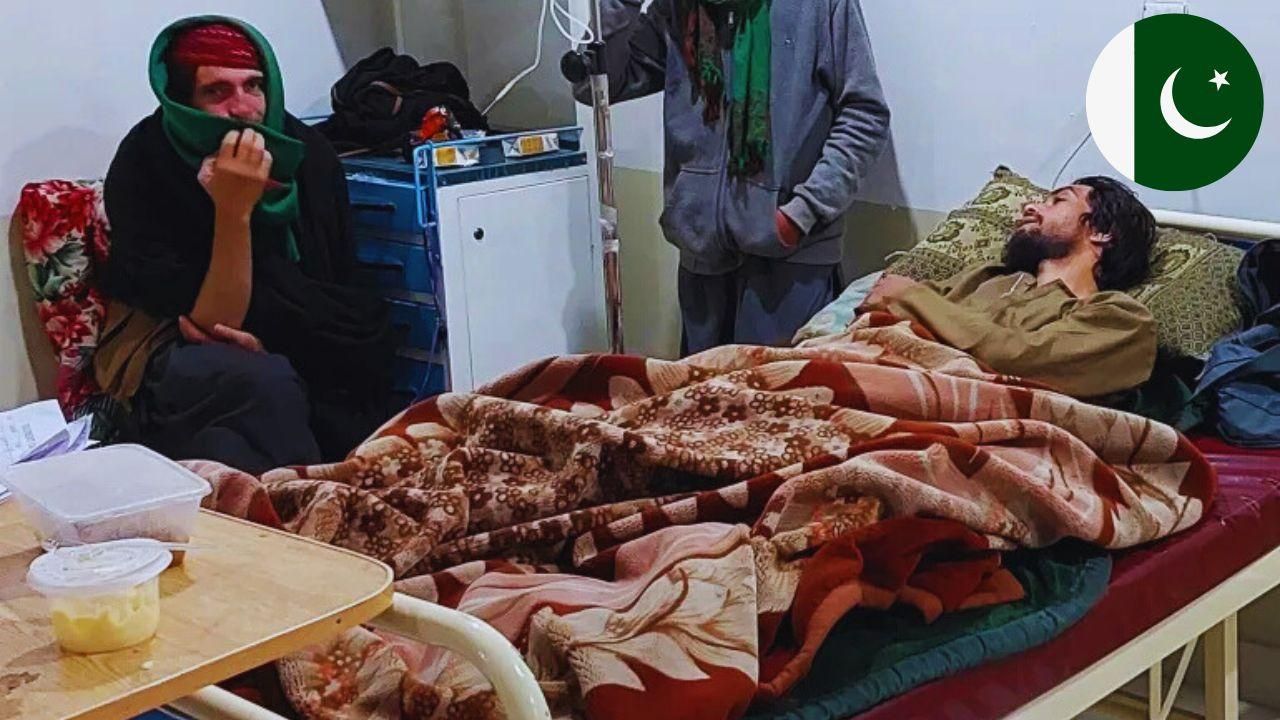Days after gunmen opened fire on a convoy of trucks carrying Shiite Muslims, at least 130 people were killed in violent sectarian fighting in Pakistan's northwest Kurram region, despite a shaky ceasefire, according to local officials.
For many years, Kurram, which is close to the Afghan border, has been a hot spot for sectarian conflict. When conflicts between Sunnis and Shias last month claimed scores of lives, they spilled over into a new round of attacks.
District administration official Wajid Hussain said 133 people had been killed in the attacks in the last week and a half.
Last week, a convoy travelling from Parachinar to Peshawar was ambushed despite prior threats to Shiites in the region in Khyber Pakhtunkhwa province – an area with a history of sectarian violence between Sunni and Shiite communities.
At least 20 others were also injured in the attack. "The district administration and other relevant authorities have initiated efforts to stop fighting between the two communities but there is no breakthrough yet," Mr Hussain said.
A Pakistani government team mediated a seven-day ceasefire deal between the rival groups last Sunday. Armed Shi’ite and Sunni Muslims have engaged in tribal and sectarian rivalry for decades over land and other local disputes in Kurram.
Provincial authorities put the death toll at 97, with 43 people killed in the initial attack when gunmen opened fire on mostly Shia drivers and the rest killed in retaliatory clashes.
The chief minister for Khyber Pakhtunkhwa Province, Ali Amin Khan Gandapur, visited the area on Saturday for a large gathering of tribal elders and leaders.
"Anyone who takes up arms will be treated as a terrorist, and their fate will be that of a terrorist," said Mr Gandapur according to a statement from his office late on Saturday, adding that security forces would remain in the area.
Residents and officials said the main highway connecting Kurram’s main city of Parachinar to the provincial capital Peshawar was blocked, which had made the transfer of wounded people to hospitals difficult.
"Our medical team is working around the clock to perform surgeries due to the challenges in referring patients to larger hospitals in Peshawar and elsewhere," said Dr Syed Mir Hassan, from Parachinar’s district hospital.
He added that they were currently treating around 100 wounded patients and had received 50 bodies during the violence.
KP government spokesperson Barrister Dr Saif provided details of the attack, stating that the gunmen first targeted police personnel before opening fire on the passenger convoy from both sides.
“The convoy consisted of around 200 vehicles,” he said.
He added that an investigation into the incident is currently underway.
Kurram’s deputy commissioner Javedullah Mehsud told AFP that “two separate convoys of members of the Shia community … were targeted by the terrorists in the Kurram district.
“Both convoys consisted of around 40 vehicles travelling under police escort,” he said.
Shiite Muslims constitute about 15 per cent of Pakistan’s 240 million population, of which the majority are Sunni Muslims. The country has a longstanding history of sectarian tensions between the two communities.
In July, clashes over a land dispute in Kurram escalated into sectarian violence, leaving nearly 50 people dead from both sides.
Baqir Haideri, a local Shiite leader, criticised local authorities for failing to provide sufficient security for the convoy of over 100 vehicles, despite prior threats from militants targeting Shiites in Kurram.
President Asif Ali Zardari condemned the attack, while prime minister Shehbaz Sharif vowed to bring those responsible for the killing of innocent civilians to justice. “Attacking innocent passengers is a cowardly and inhumane act,” Mr Zardari said.
Mr Sharif said: “The enemies of the peace of the country attacked the convoy of innocent citizens, which is tantamount to brutality. All attempts of anti-national elements to destroy the peace of the beloved country will be thwarted.
“The evil elements involved in the incident will be identified and punished accordingly. Saboteurs cannot demoralise the brave Pakistani nation by such cowardly actions,” he said.
The Human Rights Commission of Pakistan accused the government of failing to protect citizens in Kurram. “We demand immediate and decisive steps from both governments to permanently break this cycle of violence,” the commission said in a statement.








.svg)

